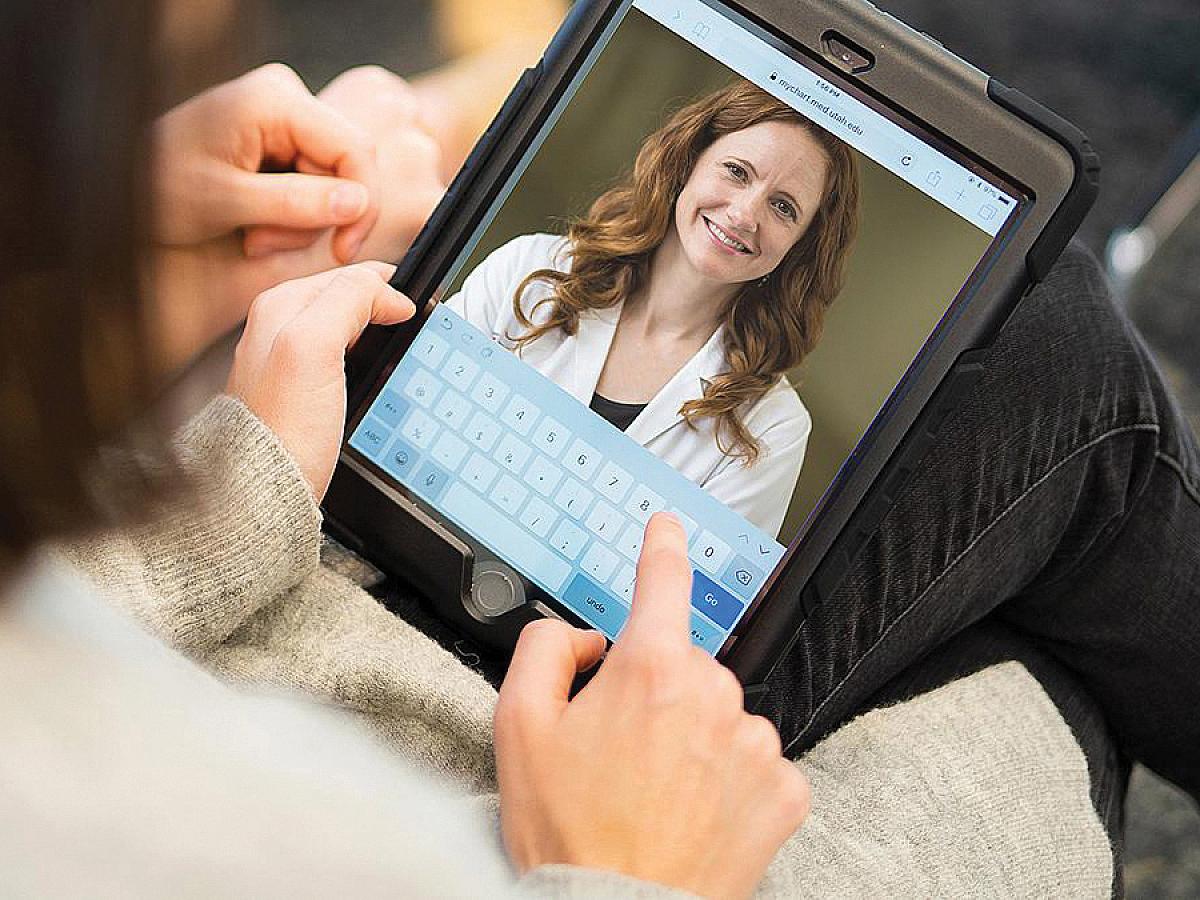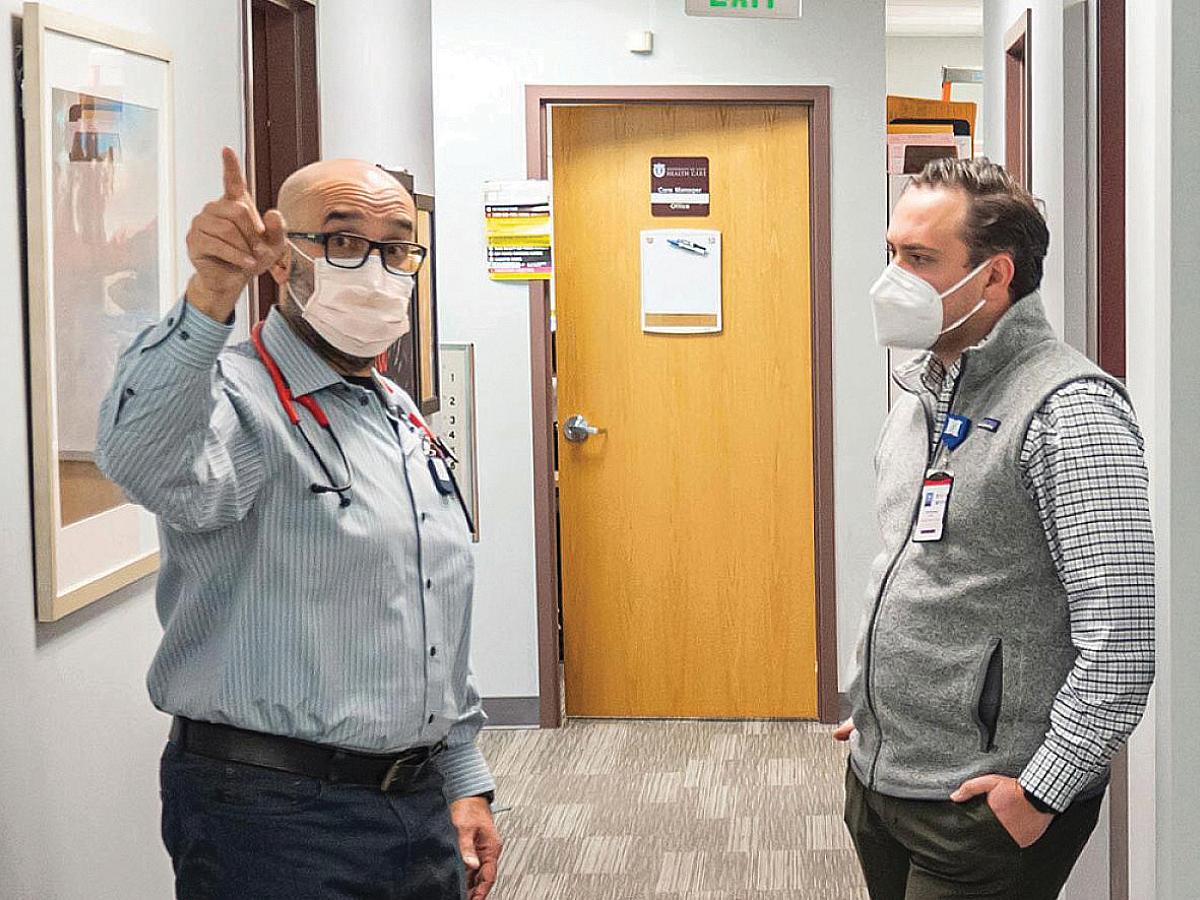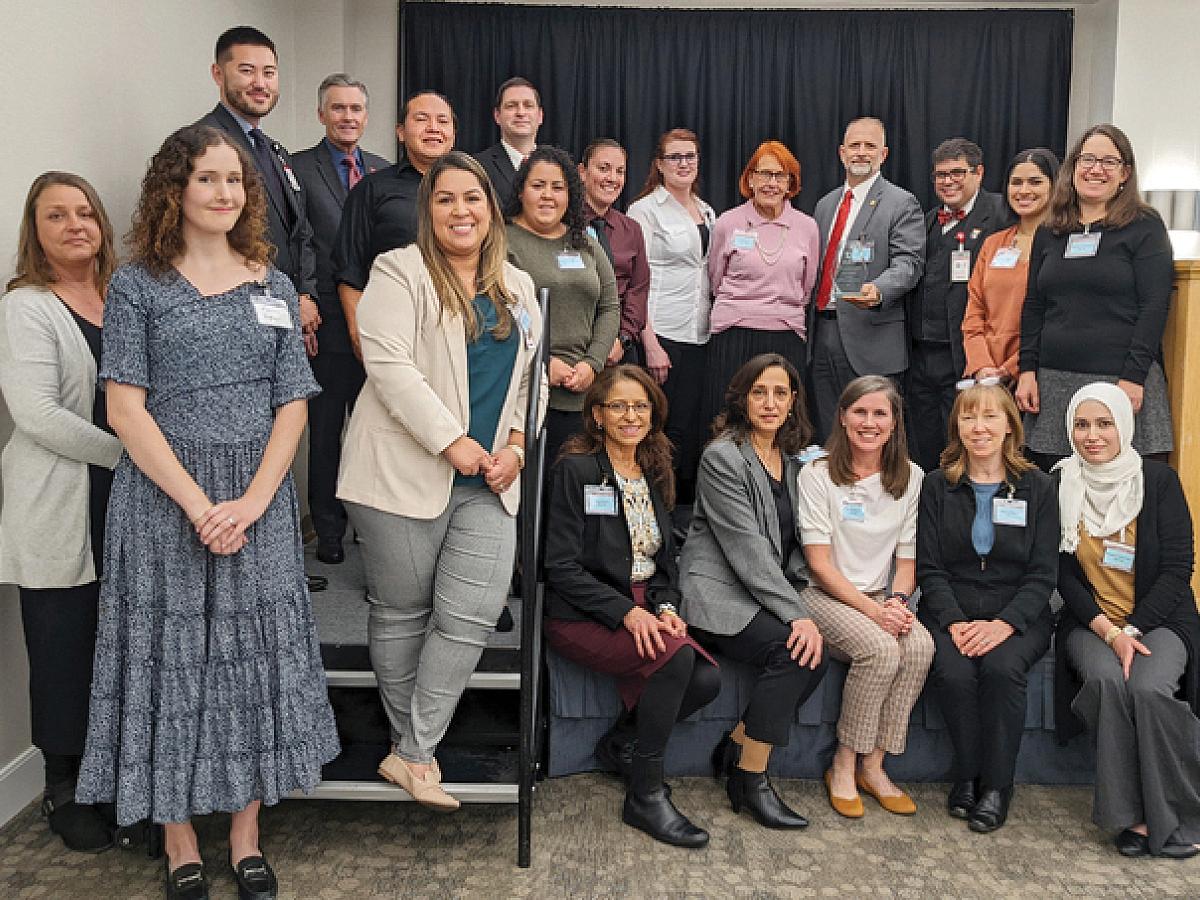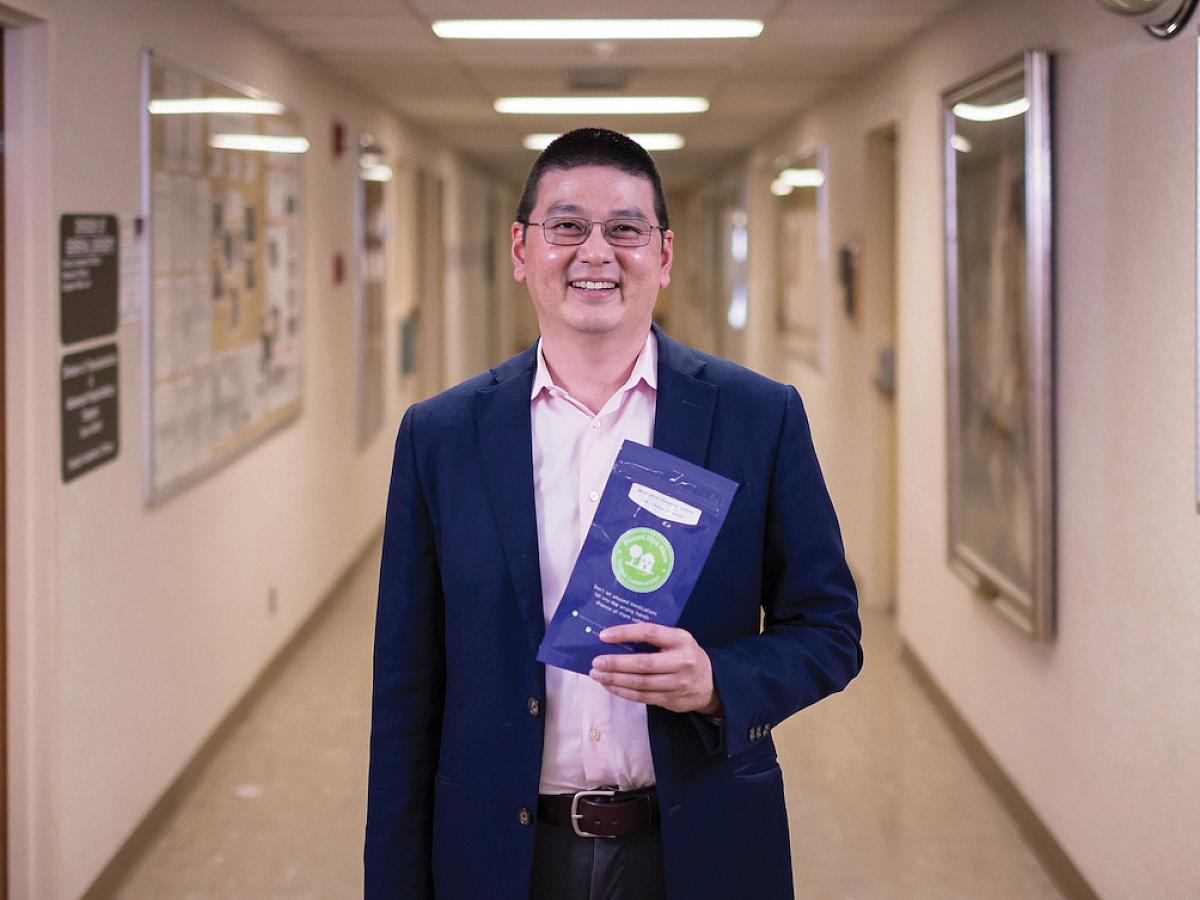

340B Program
Program Stewardship & Value to the Community
What Is the 340B Program?
The 340B Drug Pricing Program (“340B Program”) is a federal drug discount program that Congress passed into law in 1992. The 340B Program requires drug manufacturers to provide drugs at discounted prices to hospitals that provide a disproportionate share of uncompensated care to patients who are unwilling or unable to pay.
Hospitals that qualify for the 340B Program are nonprofit or government entities that provide a substantial amount of care to Medicaid and low-income Medicare patients. The 340B Program benefit compensates hospitals for uncompensated care and helps “stretch scarce federal resources as far as possible, reaching more eligible patients and providing more comprehensive services.” (Source: Health Resources and Services Administration [HRSA], Office of Pharmacy Affairs [OPA] Website, 340B Drug Pricing Program.)
Serving the People of Utah Through the 340B Program
At University of Utah Health, we are deeply committed to advancing the health and well-being of individuals and communities throughout the Mountain West. Our mission, driven by excellence in patient care, education, and groundbreaking research, improves the lives of our community and strengthens our regional health systems.
The federal 340B Drug Pricing Program is vital to fulfilling this mission. This program does not use a single taxpayer dollar and allows us to save money when purchasing expensive drugs. These savings play a crucial role in enabling us to provide high-quality, patient-centered care to those who might otherwise go without. It enables us to stretch resources further, reaching uninsured and under-resourced patients, enhancing our clinical services, and ensuring that comprehensive care is available to all.
The impact of 340B is far-reaching. It supports initiatives that address the specific needs of our communities, helps close gaps in care, and empowers patients to lead healthier lives. Without it, many essential services would be difficult—if not impossible—to sustain.
We invite you to take a look at how the 340B program strengthens our ability to serve the community. This report offers a glimpse into the critical services U of U Health provides through the savings enabled by the 340B program. These services are a lifeline for countless patients who rely on our system for support and care. Protecting the 340B program means protecting our commitment to a healthier future for all.

Dan K. Lundergan, MHA

Charlton Park, MBA, MHSM
About University of Utah Health
University of Utah Health (U of U Health) is the only academic health system in the Mountain West region. We serve patients in Utah and five surrounding states, servicing an area that comprises 10 percent of the geographic United States. Our mission is to improve health and quality of life through excellence in patient care, education, and research. As a Disproportionate Share Hospital (DSH) and safety net provider, U of U Health serves a large proportion of low-income and uninsured patients. Many of the services we provide are under- or unreimbursed, qualifying U of U Health for the 340B Program. U of U Health is committed to 340B Program compliance. We invest in the necessary resources and infrastructure to ensure we continue to meet the 340B Program rules and provide uncompensated care to those who need it.
How the 340B Program Benefits Our Community
U of U Health has participated in the 340B Program for more than 25 years. In FY 2024, we spent more than $700 million on medications. Without the 340B Program, our medication spend would have been significantly higher. The savings generated from the 340B Program allow us to improve patient outcomes in our community and provide critical services to patients who would otherwise lack access to care.
Manufacturer Notice for Utah Contract Pharmacy Law
Section 31 A-46-311 (i.e. S.B. 69 Medication Amendments) of the Utah Code took effect May 7, 2025. This section of law prohibits pharmaceutical manufacturers from engaging in certain conduct with respect to the 340B Drug Pricing Program, including among other things:
-
Restricting the acquisition, dispensing, or delivery of a 340B drug to any location authorized by a covered entity to receive the drug, unless prohibited by federal law.
-
Requiring submission of claims data, utilization data, or information about a covered entity's contracts with a third party.
-
Interfering with a contract between a pharmacy and a covered entity or the ability of a pharmacy and a covered entity to enter into a contract.
Please review the law for a full list of prohibitions.
2025 Report Feature Stories
Addressing the Cost of Routine Care
Since launching, the Medication Support Services (MSS) program has provided more than 18,000 prescriptions to patients at U of U Health’s five main hospitals and 12 multi-specialty community clinics.
A Safe Place for Healing
Housed under one roof, Huntsman Mental Health Institute offers services for a variety of mental health challenges, including adult inpatient services, addiction recovery, therapy and group sessions, and much more.
New Pathways for Pharmacy Technicians
A fully funded technician trainee program at University of Utah Health is helping to reduce staff shortages, improve patient care, and build a bridge toward further education with the College of Pharmacy.
2023 Report Feature Stories
Blazing a Trail for the Future of Virtual Care
Over the last few years, telehealth has become an important tool at University of Utah Health to streamline surgical care, increase provider capacity, and open new doors for patient access.
Lifesaving Cancer Screenings, Near and Far
In Utah, access to care is one of the most glaring disparities. More than 96% of the state’s land is considered rural, with fewer than 100 people per square mile. Yet more than 330,000 Utahns live in these areas. And if they get cancer, they're 10% more likely to die than urban residents.
Helping New Americans Get the Health Care They Need
Redwood Health Center has historically served more New Americans than any other U of U Health facility. This relationship comes from a longstanding trust built with resettlement agencies and the community. But how could the clinic better cater to its patients' needs?
Making Opioids Safer, One Patient at a Time
Two-thirds of patients have old prescriptions in their medicine cabinets. A new program helps them easily and safely dispose of unused opioids from the comfort of their own homes.










